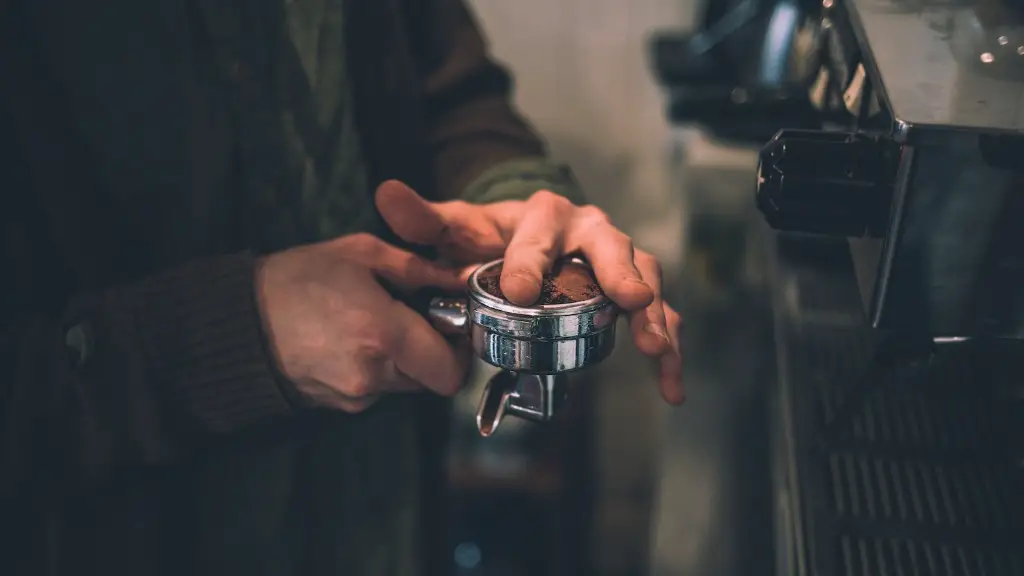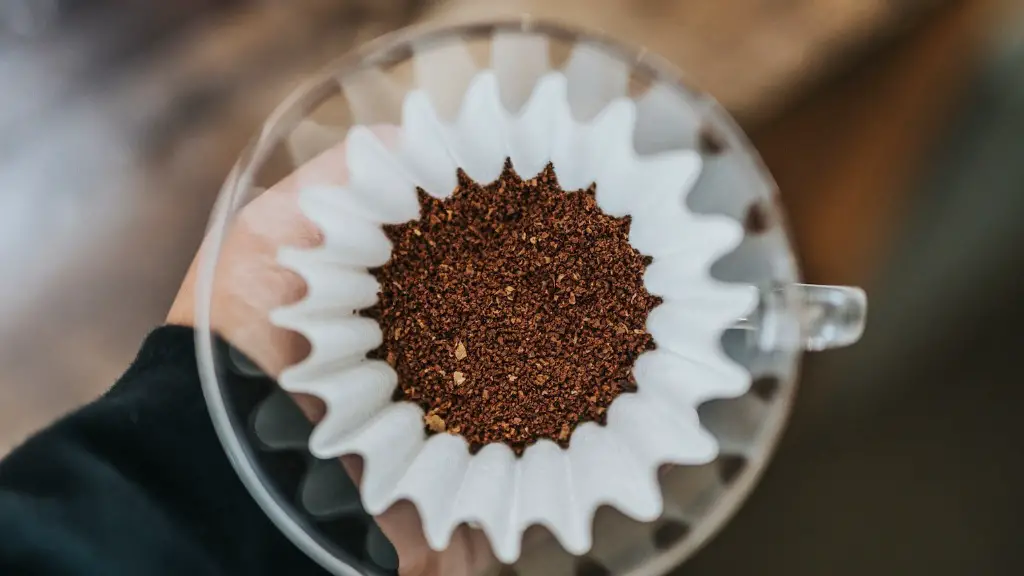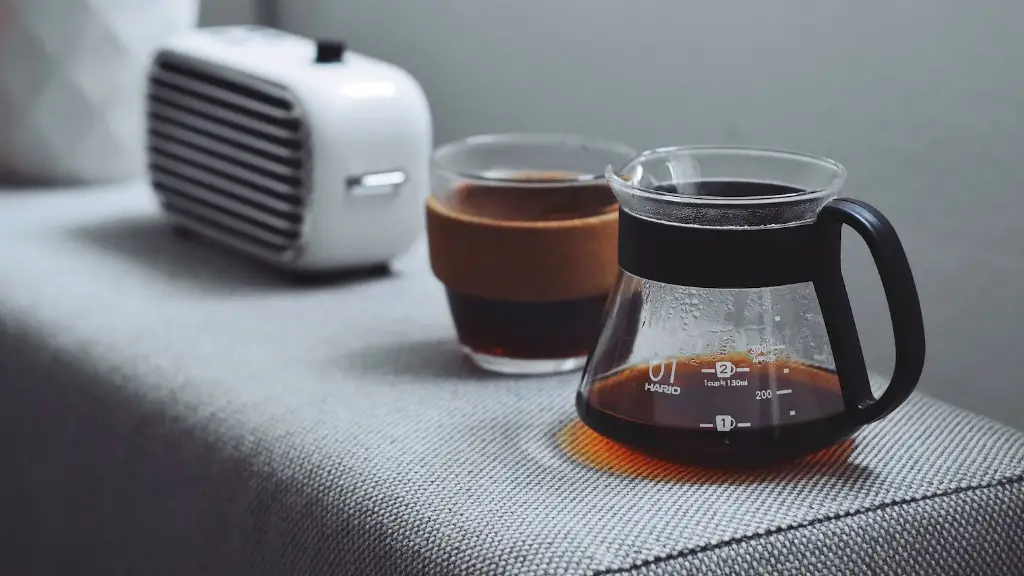Coffee and iron are two of the most popular dietary choices made by people around the world. But when should one or the other be had to maximize the effects of both? How long after taking iron can you enjoy a cup of freshly brewed coffee?
Iron is an essential mineral vital to any diet, and is especially important for women. It helps the body absorb oxygen and carbon dioxide, among other roles in human health. Unlike some minerals, like magnesium and calcium, which are absorbed easily by the body, iron is absorbed by the intestines and needs to be taken in sufficient quantities to ensure it is absorbed properly.
Coffee prevented the absorption of iron by approximately 50-65%, according to a study by the Institute of Food and Nutrition Science at the University of Arizona. However, the University of Alberta found that the timing of coffee relative to iron made a significant difference. Have coffee before or with meals that contain iron, and the absorption is significantly reduced. Wait at least one hour after taking iron supplements before consuming coffee to get the most out of the iron.
Many people tend to drink coffee fairly soon after having breakfast, especially if they have to rush off to work or an appointment. Eating a meal high in iron, such as a spinach omelette, along with a cup of black coffee is not the best way to ensure healthy iron intake. Schedule a cup of joe a few hours after breakfast, or switch to decaffeinated options. It is probably best to have coffee in the late afternoon or early evening, when your body has already absorbed the morning’s iron intake.
Tea can be a viable alternative for those concerned about the negative effects of coffee on iron absorption. Although this beverage has a smaller amount of caffeine than coffee, it still contains compounds that could inhibit iron absorption. A study from the University of London showed that tea consumed at the same time as iron-rich foods reduced iron absorption by 39%. Still, tea is a healthier alternative to coffee, and can be consumed after a meal high in iron if needed.
Soy Milk Alternative
Soy milk is also a great option for people who need to the absorb iron without having to consume caffeine. Soy milk is packed with iron, protein and other important vitamins, minerals and antioxidants. Soy milk also helps to combat anemia, a common iron deficiency. It can be taken instead of iron supplements, or in conjunction with iron-rich foods. Soy milk also contains phytic acid, which has been found to reduce iron absorption. But luckily, it only takes an hour after eating iron-rich food to effectively neutralize its effects on iron absorption. Soy milk can be consumed any time of day, but again, it’s best to wait about an hour after eating a meal high in iron before drinking it.
Mitigation through Diet Changes
Another way to minimize the effect of coffee on iron absorption is to change your diet. Choose iron-rich foods that are easily absorbed by the body, such as lean meats, fish, and legumes. These foods should be prepared in the least amount of fat possible, breaking down the food fibers, aiding in their digestion. Increasing the intake of fresh fruits and vegetables, as well as whole grains, will also help the body absorb iron better. Avoid highly processed foods, as these can interfere with iron absorption. Finally, take iron supplements as recommended by your doctor.
Using Vitamin-C with Iron
Vitamin-C is another great agent that helps the body absorb iron. Orange juice, kiwi and strawberries, among other fruit, are all high in Vitamin-C and should be included in meals for those looking to maximize their iron intake. In fact, a study from the University of California found that when Vitamin-C was consumed in conjunction with iron-rich food, it increased the amount of iron absorbed by the body by almost 50%.
Organic Iron Fast
Finally, a “fast” involving an organic iron supplement followed by waiting period of a couple hours is a great way to get the most out of every meal. First take the supplement, and then wait at least two hours before consuming any coffee or tea. Then, enjoy your meal, bolstered by the benefits of the iron supplement. Try to include the previously mentioned Vitamin-C-heavy foods in the meal, as well as efficiently-digestable iron-rich foods.
Role of Gastrointestinal Health on Iron Absorption
In addition to carefully choosing the foods and drinks one consumes, the health of one’s gastrointestinal system plays a huge role in the absorption of iron. Consuming probiotics and exercising regularly will help keep your gut healthy and increase the ability of your body to absorb iron efficiently. Lastly, it is important to watch for signs of anemia. Symptoms like fatigue, dizziness, shortness of breath and pale skin can indicate low levels of iron, and should be consulted with a doctor.
Iron Deficiency and Supplementation
Iron deficiency is not something to be taken lightly. Around 30% of the world’s population suffers from it, according to WHO. Many times, the best way to combat iron deficiency is to take supplements. Talk to your doctor to find out what kind of supplement would be right for you and find out the right dose and frequency. Always take supplements after a meal, to increase absorption.
Incidence of Iron Deficiency in Young Women
Young women, especially in their childbearing years, are more susceptible to iron deficiency. According to the Centers for Disease Control and Prevention (CDC), pregnant women aged 15 to 44 are at the highest risk for anemia, due to their need for large amounts of iron for fetal growth. The American College of Obstetricians and Gynecologists recommends that these women get at least 27 mg of iron a day to make sure the needs of both the mother and baby are met. Some researchers have documented that iron deficiency during pregnancy can cause preterm labor and low birth weight babies. It can also lead to postpartum depression and other mental health issues. Following your healthcare provider’s advice and implementing the strategies outlined in this article can help young women avoid iron deficiency and its associated illnesses.
Proper Utilization of Iron Supplements
If iron supplements are prescribed, make sure to take them as prescribed and keep an eye out for side effects. These can range from mild to severe, but generally are minimal. Remember to have the supplements after meals, along with a glass of Vitamin-C-rich juice, to maximize absorption. Also, avoid consuming coffee, tea and other beverages that inhibit iron absorption within the hour after taking supplements.
Accessibility of Iron-rich Foods
In addition to supplements and vitamins, it is possible to get enough iron from a nutritious diet. Consuming a variety of iron-rich foods like lean meats, fish, beans and green leafy vegetables, is essential. These can be eaten alone or as part of a meal. Talk to a health professional to find out the best dietary plan for you.



